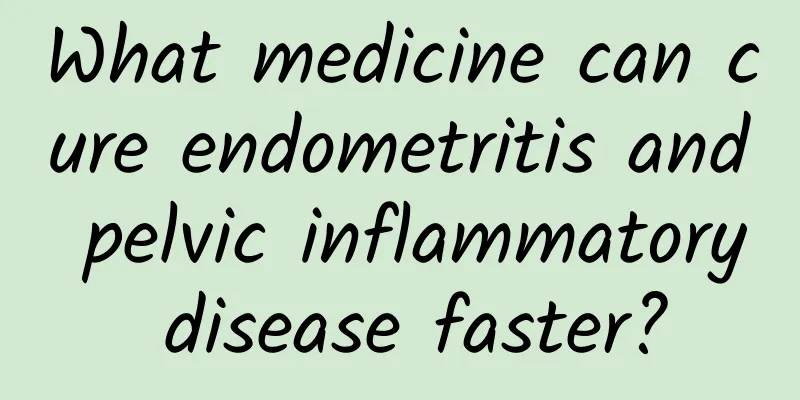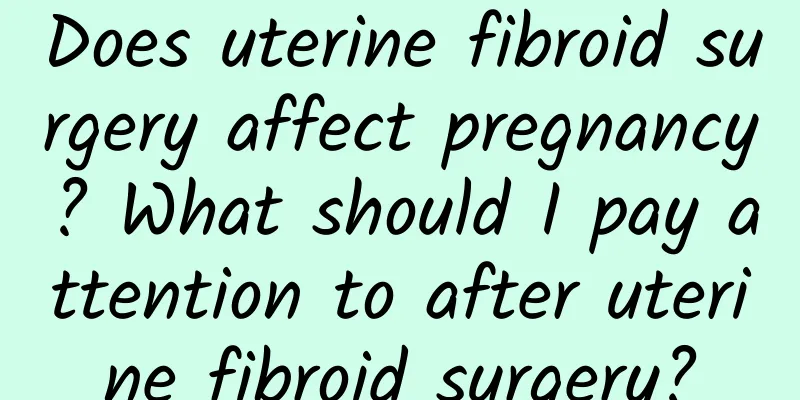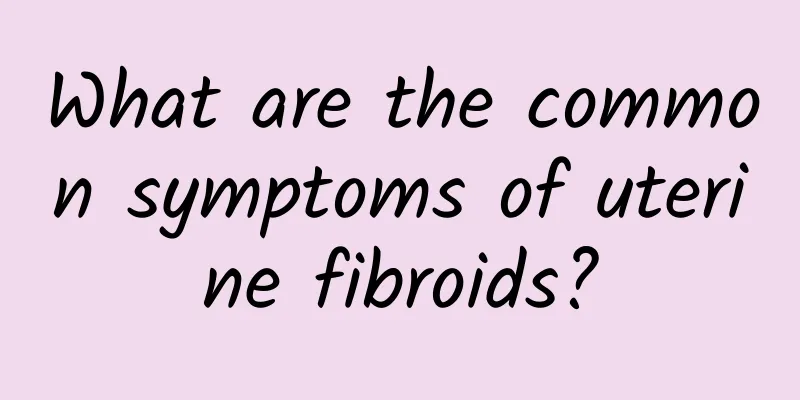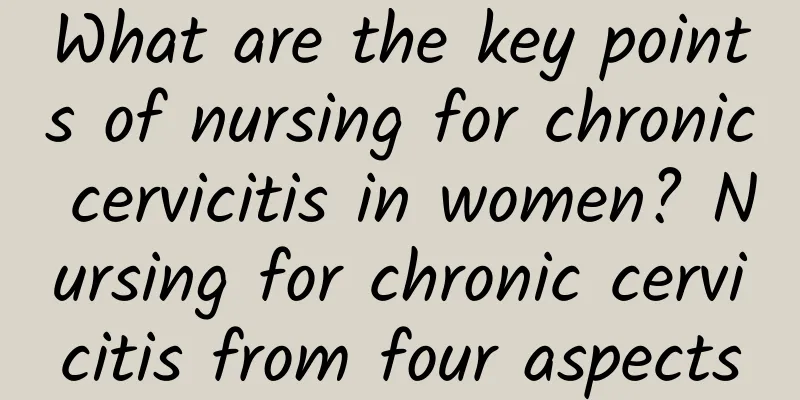What medicine can cure endometritis and pelvic inflammatory disease faster?

|
Endometritis and pelvic inflammatory disease can be quickly relieved through antibiotic treatment. It is generally recommended to use a combination of broad-spectrum antibiotics. Commonly used drugs include levofloxacin, cephalosporins or metronidazole. Depending on the severity of the disease and the type of pathogen, the doctor will adjust the specific medication plan. Early standardized treatment is crucial to avoid worsening of the disease and the occurrence of sequelae. 1 Commonly used antibiotics recommended Endometritis and pelvic inflammatory disease are mostly caused by infection with multiple pathogens, and treatment requires the combined use of antibiotics. Levofloxacin: It belongs to the quinolone class of drugs, has a broad-spectrum bactericidal effect, and is very effective against Gram-negative and Gram-positive bacteria. It is usually taken once a day with better results. Cefuroxime: This type of cephalosporin antibiotic is one of the commonly used drugs in clinical practice. It has a good therapeutic effect on infections caused by sensitive bacteria. It is usually taken twice a day and must be strictly followed according to the doctor's instructions. Metronidazole: It is effective against anaerobic infections and is often used in combination with other antibiotics to help cover a more comprehensive range of pathogens. Patients are advised to choose antibiotics under the guidance of a doctor and not to purchase medicines on their own to avoid drug resistance or poor treatment effects. 2. Symptom relief medication In addition to antibiotics, auxiliary medications to relieve symptoms are also very important. Ibuprofen: Used to relieve pain and fever caused by infection. It can be taken as needed, but not for long-term or excessive use. Aloin: This Chinese patent medicine can be used to relieve pelvic and endometrial inflammation and has a certain anti-inflammatory effect, but it needs to be used in combination with Western medicine. Appropriate use of adjunctive medications can reduce patients' discomfort and help them resume their daily activities. 3. Pay attention to daily conditioning and review Conditioning during medication is important and can speed up recovery. The diet should be light, and eat more foods rich in vitamins and protein such as fish, tofu, and green vegetables, and avoid spicy, greasy and other irritating foods. Getting plenty of rest and avoiding overexertion and strenuous exercise will help your body recover. Follow your doctor's orders for regular checkups to ensure that the infection is completely under control and to prevent the disease from recurring or becoming chronic. For patients with endometritis and pelvic inflammatory disease, timely and standardized drug treatment plus good daily care are the key to recovery. If the symptoms are not significantly relieved, you should go to the hospital immediately for examination and adjustment of the treatment plan to ensure that the inflammation is completely cured and avoid the risk of further infection. |
<<: Can I drink motherwort granules during menstruation?
>>: Will cervicitis turn into cancer if it is not treated?
Recommend
Causes of chocolate cysts
Causes of chocolate cysts: Ovarian chocolate cyst...
Briefly talk about common precautions before abortion
Modern people's minds are open, resulting in ...
Talk about some tips for preventing endometrial tuberculosis
Endometrial tuberculosis is a disease caused by t...
Dietary considerations for patients with pelvic peritonitis
There are many causes of pelvic peritonitis, so t...
Can Chinese medicine treat amenorrhea?
Traditional Chinese medicine can regulate amenorr...
Can ectopic pregnancy be detected by urine test? Go to the hospital for B-ultrasound examination
Nowadays, with the continuous development and pro...
How to treat multiple uterine fibroids? What are the treatments for multiple uterine fibroids?
Because women's health will be seriously enda...
How does TCM understand the cause of uterine fibroids?
How does TCM understand the cause of uterine fibr...
Currently, many women are concerned about the cost of minimally invasive painless abortion
Before using painless abortion, we must first hav...
Will second-degree cervical erosion in women also turn into cancer? What misunderstandings should patients with cervical erosion pay attention to in treatment?
In daily life, it is very common for female frien...
What is Liu Genghong's emergency weight loss method? Can you lose weight and get curves in 7 days? What should be done?
Do you envy Genghong for still having such a good...
Can menstruation occur without ovarian follicles?
It is possible to have menstruation without folli...
Causes of cervical hypertrophy
Cervical hypertrophy is a pathological type of ch...
Feeling uncomfortable and want to exercise? What to do before and after exercise? Don't make mistakes with the 7 common sports equipment in parks
Everyone knows the benefits of exercise, the prob...
What to eat to nourish the body after miscarriage? Doctors recommend these 3 types
Abortion can be treated by eating fish, chicken, ...









